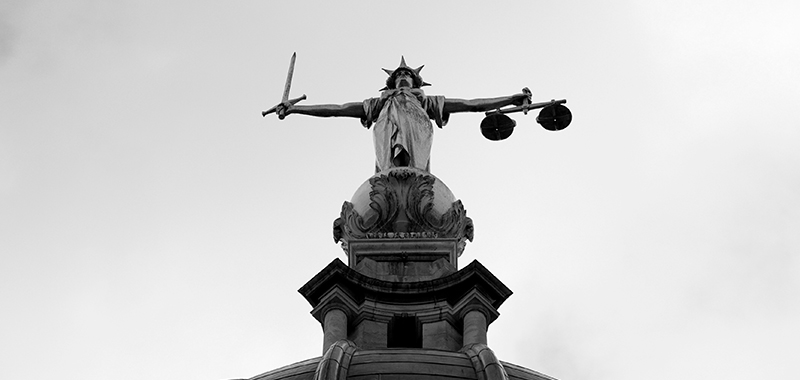
“Have we exhausted every existing remedy?”
Two weeks ago, the House of Lords debated Baroness Burt’s Bill on ‘conversion therapy’. You can read a short summary of that debate here.
Almost thirty Peers spoke against the proposed Bill, which could see Christians and loving parents criminalised. Of those, one notable contribution came from Lord Hannan of Kingsclere.
He questioned whether there was any need for a new law against abuse at all:
“My Lords, to what problem is this specific Bill a remedy? We already have strong and effective laws against quackery and mis-selling, against coercion and control, and, of course, against harassment and physical abuse. Some are ancient common-law guarantees, some legislative. The Public Order Act 1986 defines harassment in a way that I think would cover the concerns raised by most of the supporters of the legislation in this debate.
“The Serious Crimes Act 2015 deals with coercion and control within families. So I am bound to ask: is this Bill a proportionate remedy to an identified problem or a way of sending a signal? Is it a form of declaratory legislation? If it is the latter, it opens the door to all manner of unintended consequences.”
Lord Hannan pointed out that he had often taken a dissenting opinion on LGBT matters:
“I then went on in the 1990s—again very unusually as a Conservative—to be an outlying supporter of civil partnerships and the equalisation of the age of consent.”
But many of those who previously supported LGBT campaigns find a new ‘conversion therapy’ law too much to stomach. They rightly see that this is not about ‘progressing’ anyone’s rights, but about restricting others’ freedoms. Ordinary church work and parental responsibility could be seriously undermined by this Bill. Lord Hannan continued:
“The noble Baroness, Lady Burt, introduced this Bill by saying that we do not want to trample on free speech but we do want to prevent these abuses. That, it seems to me, is exactly where the law stands now.
“So, before rushing to legislate further, we need to ask: have we exhausted every existing remedy?”
Pointing to some of the “lurid stories” offered by those demanding a new law, despite there being no evidence of them taking place today legally, Lord Hannan concluded:
“Are we legislating against something that does not happen in order to send a signal? If we are, that is almost a definition of laws that have unintended consequences.
“Legislation should be our last resort, not our first.”
Sex Matters responds to Stonewall’s ludicrous “conversion” claims
2025-05-14 07:17:58
